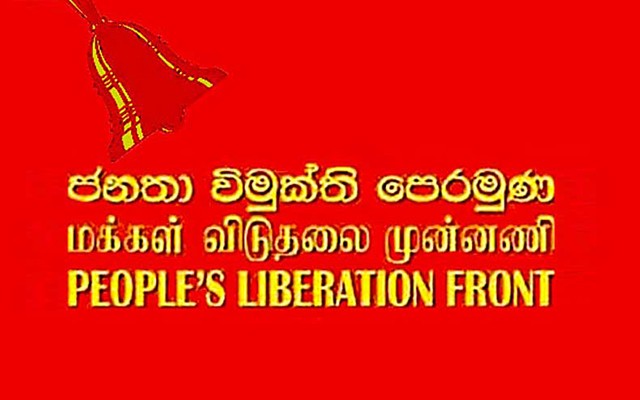Sri Lanka’s leading leftist party the Janatha Vimukthi Peramuna (JVP) has rubbished a crucial deal with the International Monetary Fund (IMF), with the party’s general secretary Tilvin Silva claiming that the lender is only interested in bailing out corrupt governments.
Speaking at an event, Silva said that Sri Lanka’s freshly approved 2.9 billion US dollar extended fund facility (EFF) from the IMF will be an addition to the island nation’s existing debt burden.
He also insinuated that government ministers, who he claimed have been starved of an opportunity to make money on the side as a result of Sri Lanka’s worst currency crisis in decades, have been given a new lease of life following the IMF loan.
“Ministers of the government have been languishing for a year with nothing to snack on. Nothing could be stolen in a while because avenues for making money had been blocked in recent times,” said Silva.
“They were waiting for a chance,” he said.
“Once this loan is used to start projects, it will be like distributing bread in Somalia. It will be stolen instantly,” the JVP general secretary claimed. “Somaaliyawata paang demma wage” is an offensive phrase in Sinhala that calls back to Somalia’s malnutrition woes.
The IMF programme, Sri Lanka’s 17th to date, will just not work, said Silva.
“No country in the world has made it after going with the IMF. It’s not going to work. The IMF does not exist for the people but to save thieving governments,” he added.
The IMF said Monday evening that it has approved a 48 month program for Sri Lanka worth 3 billion US dollars (2.286 billion special drawing rights) or 395 percent of the Indian Ocean island’s quota.
Following the announcement, President Ranil Wickremesinghe said the government will lift ongoing import restrictions in stages starting with essential goods.
In approving the loan, the IMF has acknowledged Sri Lanka’s capacity to restructure its outstanding debt, said Wickremesinghe.
“Sri Lanka will no longer be considered a bankrupt country. So normal dealings can commence,” he said.
Sri Lanka’s currency collapsed from 200 to 360 to the US dollar, as the central bank printed unprecedented volumes of money to target what was claimed to be a ‘persistent output gap’, crippling Treasuries auctions and botched an attempted float with a surrender rule.
“The economy is facing significant challenges stemming from pre-existing vulnerabilities and policy missteps in the lead up to the crisis, further aggravated by a series of external shocks,” an IMF statement said.
“The EFF-supported program aims to restore Sri Lanka’s macroeconomic stability and debt sustainability, mitigate the economic impact on the poor and vulnerable, safeguard financial sector stability, and strengthen governance and growth potential.”
The JVP is a formerly Marxist-Leninist party that led two unsuccessful insurrections in the early 1970s and late 1980s, both of which were brutally suppressed by the government in power at the time.
The party has since embraced mainstream democratic politics and still leans far left, though it has repeatedly backed or called for populist policies that are not strictly in line with its ideology.
National People’s Power (NPP), a centre-left alliance led by the JVP and is currently represented in parliament by its leader Anura Kumara Dissanayake and two other MPs, have opposed IMF-backed progressive taxation.


